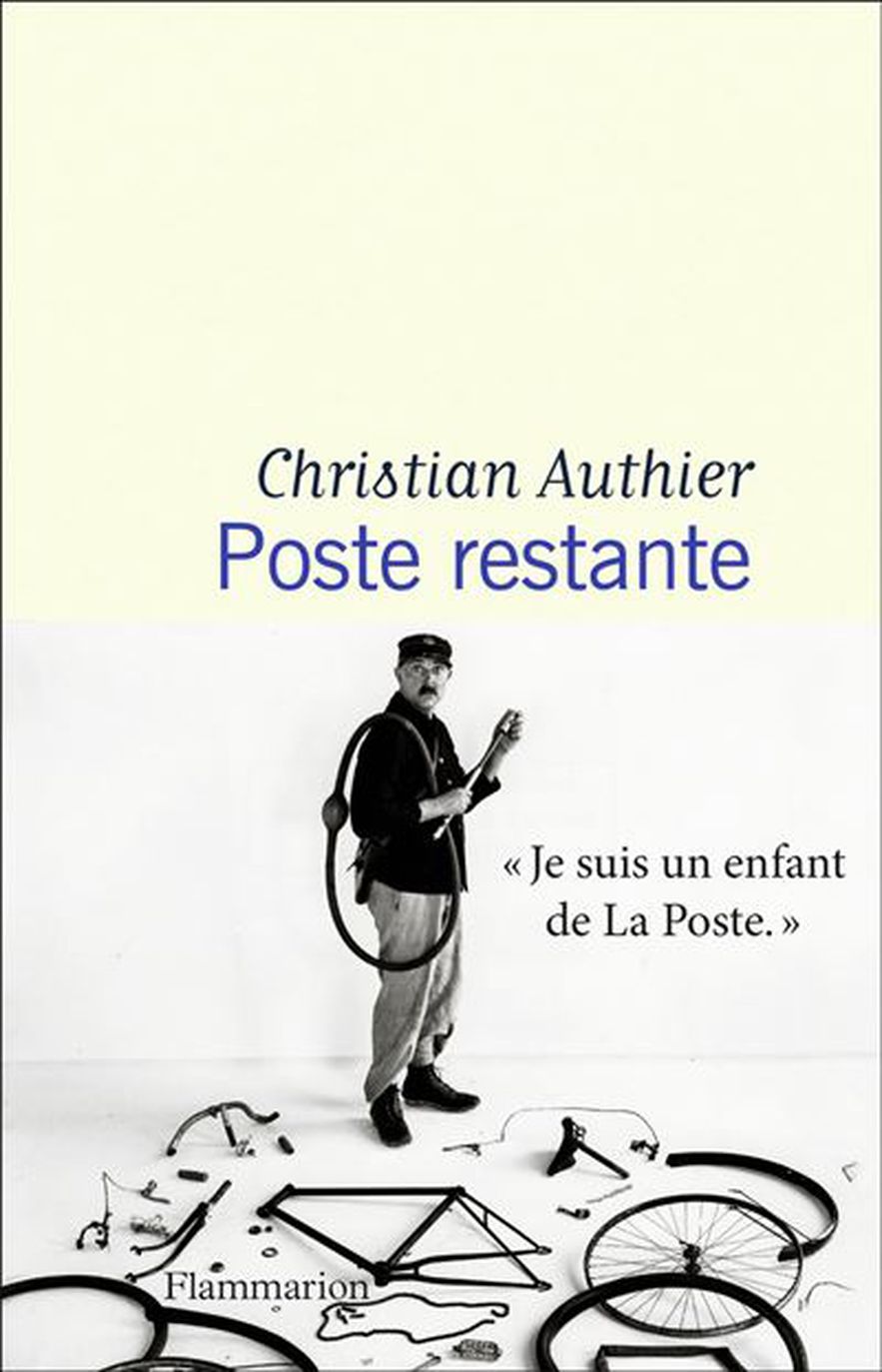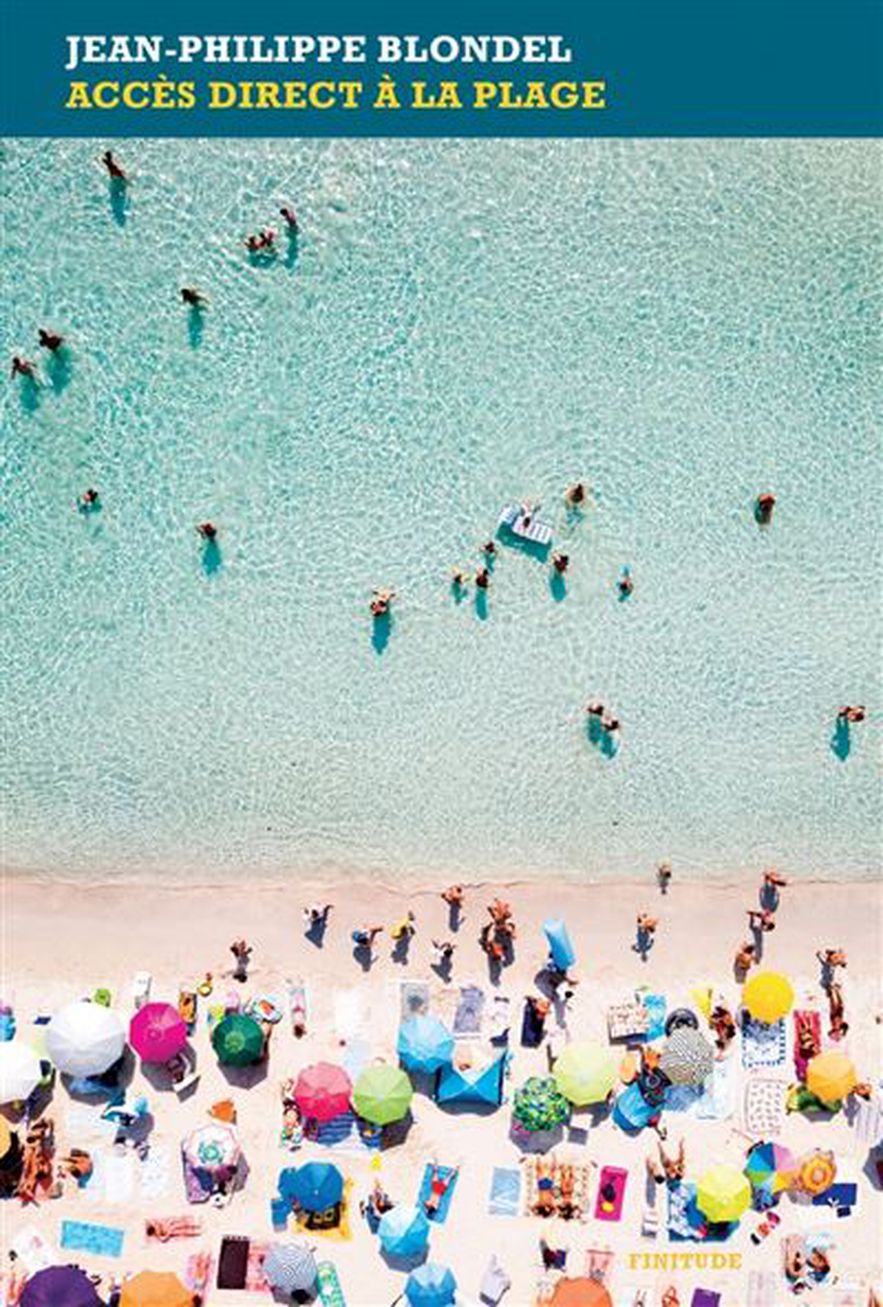The jealous
By James Lee Burke, trans. from English (United States) by Christophe Mercier.
Shores, 434 p., €24.
Express rating: 3/5
The Jealous, by James Lee Burke
© / Shorelines
At 86, James Lee Burke has lost none of his evocative power. “The sky was dark, crackling with electricity, as if someone was crumpling cellophane,” he writes in the first lines of a chapter which we guess will not be devoted to the description of a spade. -nice. For his 39th novel, he abandons the character of Dave Robicheaux, which occupies the major part of his work, to return to the Holland family, to which he has devoted several books and of which we discover here Aaron, 17, steeped in a idealism whose limits he will quickly experience by rubbing shoulders with the world. Or more precisely to Grady Harrelson, against whom Aaron intervenes in a drive-in one evening in 1952 during his argument with Valerie Epstein, “the most beautiful girl in Houston”.
This gesture, which is worth to Aaron to win the heart of the beautiful, will have Homeric consequences, which will see the young man confronted with a rich oilman with Nazi sympathies (the father of Grady), with his associate inserted in the Italian mafia and his psychopathic offspring, to a teacher attracted to young boys or to a femme fatale who also plays with the mafia. As always with James Lee Burke, the challenge is to live up to this past that has never passed, not to leave victory too easy to the camp of evil, even if it is by taking the law into their own hands. . Above all, it paints the backstage of the decade associated with the carelessness of theAmerican way of lifehere a cesspool of corruption and turpitude in which Aaron, Valerie and a few others try to survive without leaving most of their souls there. Bertrand Bouard
Poste restante
By Christian Authier.
Flammarion, 181 pages, €19.
The rating of L’Express: 3/5

Poste restante, by Christian Authier
© / flammarion
Of Celebration day from Jacques Tati (1949) to Welcome to the Ch’tis by Dany Boon (2008), the postman occupies a special place in the collective unconscious, a poetic and popular image of public service. Unfortunately for the PTT, it seems that this figure is inexorably fading, at a time when automatons are replacing counter clerks. Son of postal workers, Christian Authier devotes a sensitive eulogy to this endangered world.
“Remembering has become suspect, except to insult the past or hold it accountable,” Authier writes at the start of this essay that looks like an open letter. He does not stop at the touching nostalgia of a tribute to his parents and his lost childhood. It has fascinating pages on the history of La Poste from the Roman Empire to today, part in sociological digressions (with figures!), evoking in particular the liberal turn of the end of the 20th century. He also talks about the golden age of Aéropostale, the pleasure of philately, the great letter writers of our literary history, from Madame de Sévigné to Céline. It’s not just a story of stamps but indeed a way of life dear to those who like to feel “heartbeats under the envelopes”. It is true that the heartbeat of an email is more difficult to take, and that nothing will replace handwritten words watched with hope. At the end of his book, Authier hopes “that it will not remain a dead letter”. Let him be reassured: his mail has reached us. It’s not impossible that we’ll start sending postcards again this summer. L.-H. by LR
Direct access to the beach
By Jean-Philippe Blondel.
Finitude, 160 p., €17.
The rating of L’Express: 3/5

Direct access to the beach, by Jean-Philippe Blondel
© / Finitude
We only notice it once we’ve finished reading: this novel is a reissue, so we storm. And we are wrong. This publication of the first novel by Jean-Philippe Blondel, released in 2003 in the small house of Delphine Montalant, the wife of the late Eric Holder, is a delight. Direct access to the beach has not aged a bit, weighted with its share of charm and nostalgia. Then aged 38, Jean-Philippe Blondel, an English teacher near Troyes, his hometown, was already demonstrating his ability to draw the theater of everyday life with acuity – since then with The Great Getaway, Coffee without filter…
1972, 1982, 1992, 2002… Four dates, four decades and as many holiday resorts punctuate this “summer” story which scrolls through time and of “average French people” who end up regrouping, their temples more or less gray. It starts with Capbreton (Landes) and Philippe, a kid on vacation with his loudmouthed father, Michel, who hates the sea, and his mother, Line, who loves spending her days under a parasol. Philippe would like to go to the Mickey club. The ace ! He plays alone on a swing. And then there is the enigmatic Natacha, an easy and independent woman, Jean-Michel the rebellious 18-year-old, Henri, recently widowed. We move on to Hyères (Var) and Sabrina, 15, who sneaks out to go to a nightclub, Pascal, an upstart, tenant of a sumptuous villa, Line, now divorced from Michel… Perros-Guirec ( Côtes-d’Armor), Arromanches (Calvados), summers follow one another and everything is there: the weight of family vacations, generational conflicts, petty jealousies, crumbling couples. Of course, all of this happens to other people. Marianne Payot
